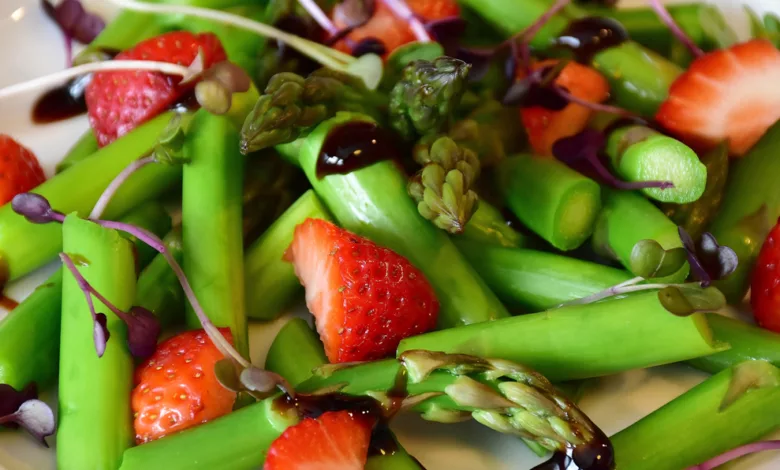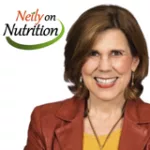Carbs Are Not Bad – Just Misunderstood

Useful tips for the 50+ gen and everyone else
Carbohydrates aren’t bad guys. They are, however, one of the six required nutrients broken down to give the body energy.
How many people do you know went on a low-carb diet such as Atkins? Did they lose weight?
Perhaps. Did they keep the weight off? Likely not. Why?
The simplicity of a low-carb diet is appealing: All you do is stop eating carbohydrates. A traditional pre-pandemic business meal might include steak and a baked potato. Or rather, not merely a baked potato, but one loaded with butter, sour cream, and maybe more. What gets the blame? The potato.
But it’s not the potato. It’s the company it keeps.
Even though Atkins is passé and the keto diet is having a moment, diets work because they grab the attention of the person embracing it.
The dieter abandons unhealthy eating habits and loses weight. Is it the diet, or the newfound awareness, that facilitates weight loss?
Choose the Right Type of Carb
Carbs are not bad, just misunderstood.
Their primary function is to give cells energy. They break down to glucose (sugar) in the body, regardless of their source. Any plant-based food is a source of carbohydrates. One animal source is lactose (milk sugar) found in milk and yogurt.
Other sources of carbs include:
- Starch – bread, cereal, grains, beans/legumes, pasta, rice, potato, peas, corn. Also known as complex carbs/starchy carbs.
- Fruits – fresh, frozen, canned in its own juice, dried.
- Veggies, non-starchy – asparagus, carrots, cauliflower, peppers, greens, broccoli, Brussels sprouts, beets, tomatoes, etc.
- Milk and yogurt – preferably nonfat/skim or 1%, nonfat or low-fat yogurt.
- Sugars – sweets, treats, processed snacks.
Starchy carbs are 60-80% water-dense in calories. Most non-starchy vegetables are at least 90% water. You can eat a boatload of cucumbers and consume only a few calories. So eat your veggies!
Sugar by any other name is still sugar. And all sugar is a carbohydrate source, packaged in many ways: cane sugar, honey, molasses, etc.
The natural sugar in fruit and milk is not an issue. It’s the abundance of added sugar that’s concerning. Women consume an average of 15 teaspoons of added sugar per day. Men consume an average of 21 teaspoons.
The Dietary Guidelines recommend no more than 10% of daily calories for added sugar. That’s about 12 teaspoons of sugar in a 2000 calorie diet.
Even worse — liquid sugar!
Would you eat ten packets of sugar? No? But would you drink a can of soda? That’s 10 packets of sugar! What’s more, liquid sugar doesn’t give the sense of fullness solid food does. Therefore, it’s even easier to consume excess calories, this way.
Whole vs. Refined Grains
Whole grains contain all three parts of the grain and are less processed than refined grains. The most common refined grains are:
• Pasta
• Cereal
• Crackers
• Pizza crust
• White bread and bagels
• Bakery goods and sweets
Many overly processed foods are a combination of salt, sugar, and fat, engineered into easy-to-eat cheap carb-loaded products.
Portions
The big problem is overeating carbs.
Our portion sizes are out of control. It’s not the pasta, but the quantity of pasta. A plateful is easily equivalent to 5-6 slices of bread. Most bagels are 4 or 5 slices.
The Take-away
Eat non-starchy veggies, whole grains, and fruit. Limit or avoid refined grains, highly manufactured foods, and added sugars. And stay mindful of your portion size.





